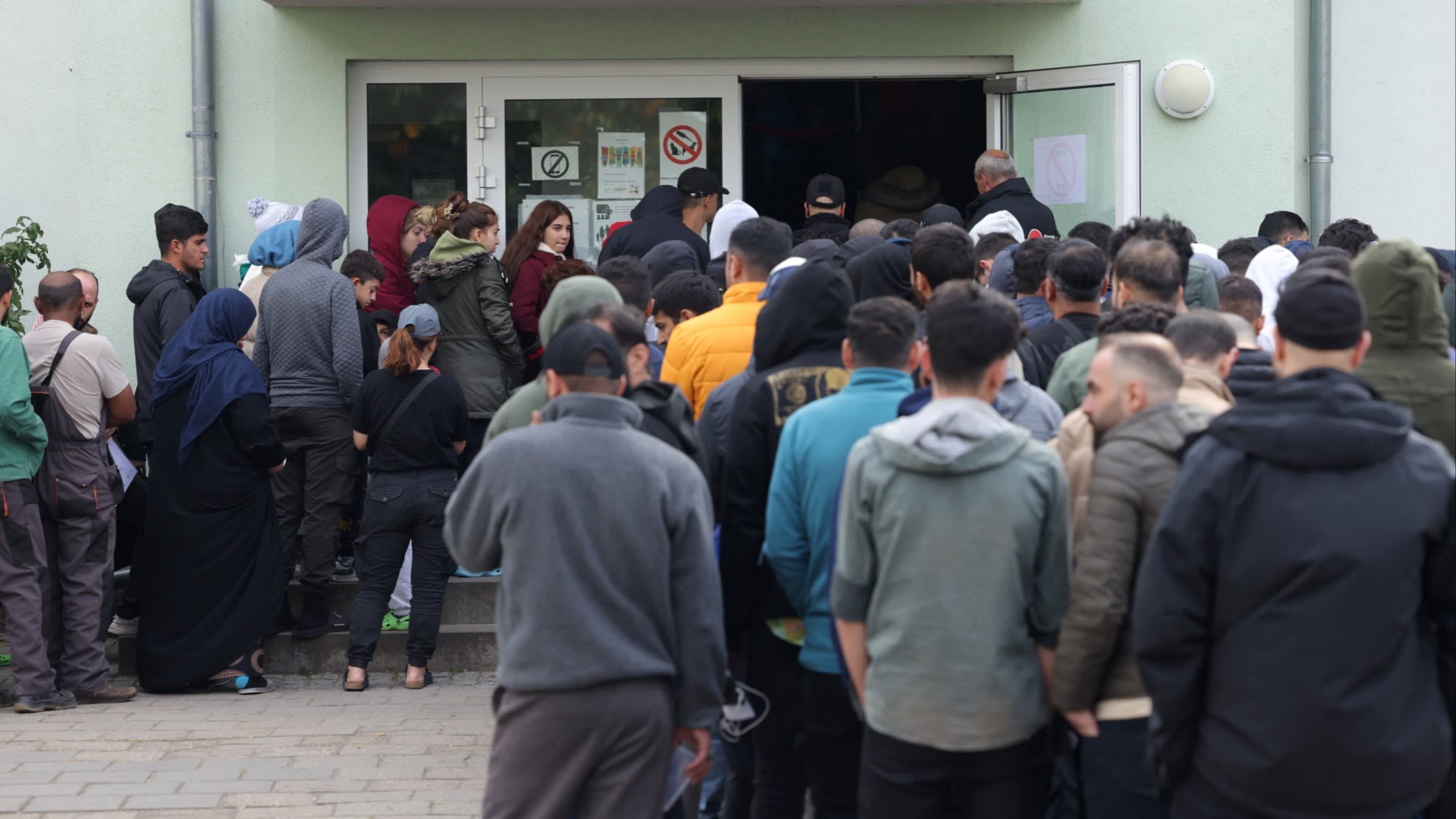
Stay informed with free updates
Simply sign up to the German politics myFT Digest — delivered directly to your inbox.
Germany should strike a deal with the Taliban to facilitate the deportation of Afghan migrants, the country’s interior minister has said in a proposal that drew immediate anger from his coalition partners.
Alexander Dobrindt said it was no longer sustainable to rely on indirect channels of communication with the Islamist group and argued direct talks were necessary to return Afghan migrants to their home country, as the German government continues its crackdown on immigration.
“My idea is that we make agreements directly with Afghanistan to enable repatriations,” he told the news site Focus.
Germany was still using third parties to conduct talks, he said. “This cannot remain a permanent solution.”
A formal immigration deal with the Taliban, which toppled Afghanistan’s Nato-backed government four years ago, would make Germany the first western government to strike such an agreement.
Germany’s new government, which took office in May, has made tackling immigration one of its top priorities amid a surge in support for the far-right Alternative for Germany (AfD), which finished second in February’s parliamentary elections.
Chancellor Friedrich Merz, from the conservative Christian Democratic Union (CDU), has drawn anger from European neighbours by reintroducing checks in the border-free Schengen area and rejecting undocumented migrants seeking to enter the country, including those attempting to claim asylum.
The coalition agreement between Merz’s CDU and their partners from the Social Democrats (SPD) promised to deport people to Afghanistan and Syria, starting with criminals and people considered a threat to national security.
Germany had the highest number of people seeking asylum in the EU past year, with about 230,000 applications — a roughly 30 per cent drop from the previous year.
Dobrindt, a member of the CDU’s Bavarian sister party, said he wanted to see that number fall well below 200,000.
Since taking power the Taliban has imposed a strict version of sharia law on the country of 41mn people, including corporal punishments for crimes such as adultery and robbery.
Germany’s proposal for direct talks with the group was strongly criticised by the SPD. The party’s parliamentary group vice-chair Sonja Eichwede said that while it was acceptable to use back channel communication to facilitate deportations to Afghanistan, “this must under no circumstances lead to the normalisation or legitimisation of contact with the Taliban regime”.
Filiz Polat, a member of parliament with the opposition Green party, said that any deal with the Taliban would amount to recognition of what she called a “terrorist regime”.
“The interior minister must not issue a blank cheque for their contemptible actions,” she said.
No country has formally recognised the Taliban as Afghanistan’s legitimate government, but roughly 17 countries maintain embassies or diplomatic missions in Kabul, with most international engagement focused on humanitarian and development assistance.
China, Pakistan, Uzbekistan and the UAE are among the countries that have stepped up their de facto engagement with the regime in recent months.
The EU has a delegation in the Afghan capital and the UN maintains a significant presence, though it has recently cut personnel because of funding pressures and Taliban restrictions on women’s ability to work.
Germany used Qatar as an intermediary last year when it arranged a flight to carry 28 Afghans convicted of criminal offences back to their home country, according to Der Spiegel magazine.
The flight, which came as the government of then chancellor Olaf Scholz faced heavy political pressure after a fatal stabbing by a Syrian man in the city of Solingen, was the first such deportation since the Taliban took power.
Suhail Shaheen, the Afghan interim government’s ambassador to Qatar and spokesperson for international media, told the Financial Times that the Taliban would have no objections to such an arrangement.
“If they work out a mechanism jointly with the government of Afghanistan for deportation of Afghans to the country, we have no objection to that,” he said.
“This is a pragmatic approach and needed for solution of urgent issues. We are ready to work with other European countries and the US in this respect.”


